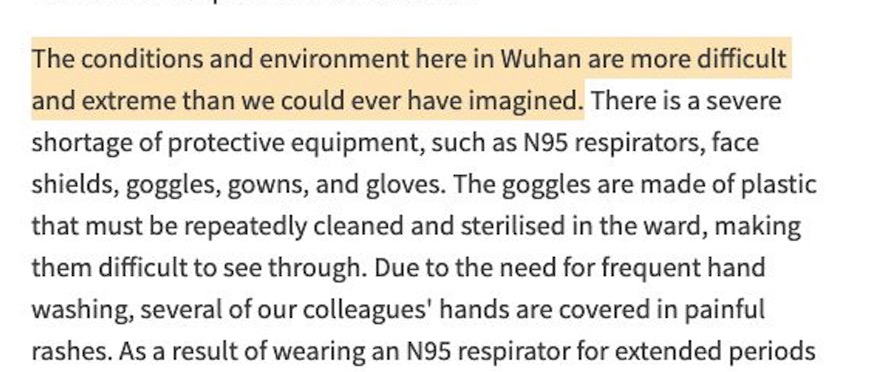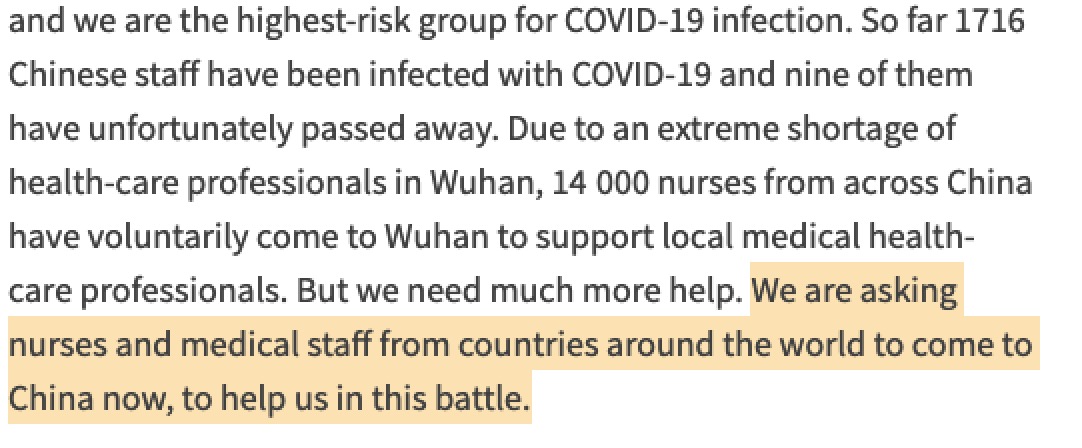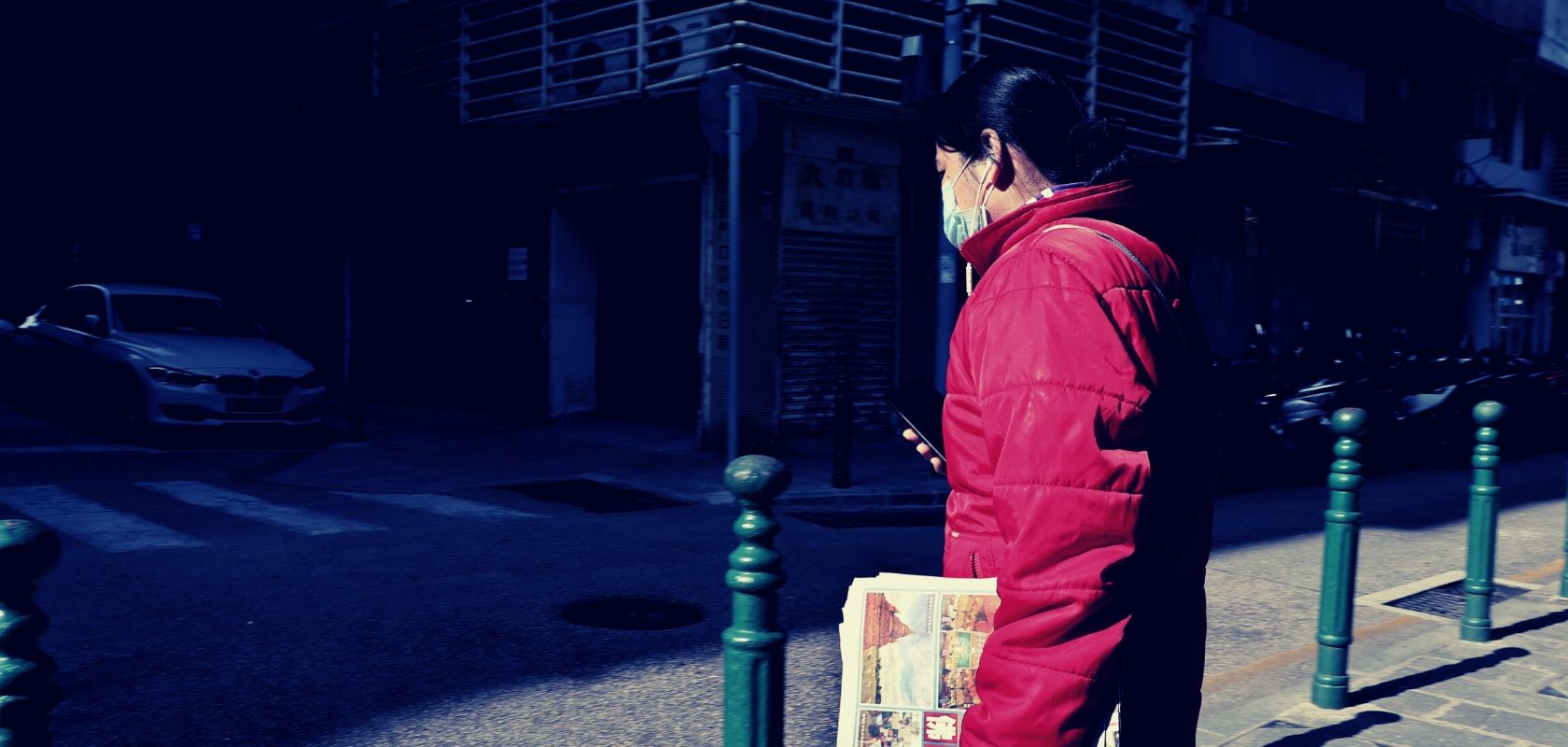The three-month-old respiratory virus that has taken the world by storm has finally reached Latin America. On February 24th, Brazil confirmed its first case of coronavirus after 61-year-old Brazilian man returned from a two-week trip to Italy.
Italy has so far seen the fastest spread of the virus outside of Asia, due to an admitted mishandling of their first patient. There are now over 400 confirmed COVID-19 cases in Italy.
Meanwhile in China, the epicenter of this increasingly global event, more than half the population has been placed on various degrees of a lockdown.
Amidst panic and anxiety, the Chinese populous has been turning to the internet.
As we’ve covered previously though, they aren’t allowed to discuss the virus, even in the context of warning others or discussing their situations.
The Chinese government has officially deemed the subject a threat to national security and discussing it “an attack” on the country and its ruling party.
The Chinese government has been swiftly banning the accounts of those who partake in this discussion on Chinese social media.
On non-Chinese social media like Twitter, they’ve been showing up at people’s homes and confiscating their phones.
These dire circumstances have lead some Chinese medical workers to take to academic journals as a way around the censorship – to try and get a message out to the world.
Balaji S. Srinivasan pointed out a recent paper published to The Lancet titled “Chinese medical staff request international medical assistance in fighting against COVID-19”.
Rather than reading like a traditional factual publication, it reads like a cry for help.
Click here to display content from X.
Learn more in X’s privacy policy.

 The piece is dreadful to read; containing quotes like, “The conditions and environment here in Wuhan are more difficult and extreme than we could ever have imagined.”
The piece is dreadful to read; containing quotes like, “The conditions and environment here in Wuhan are more difficult and extreme than we could ever have imagined.”
This comes at a time when the Chinese government is claiming the epidemic is starting to slow down.






















